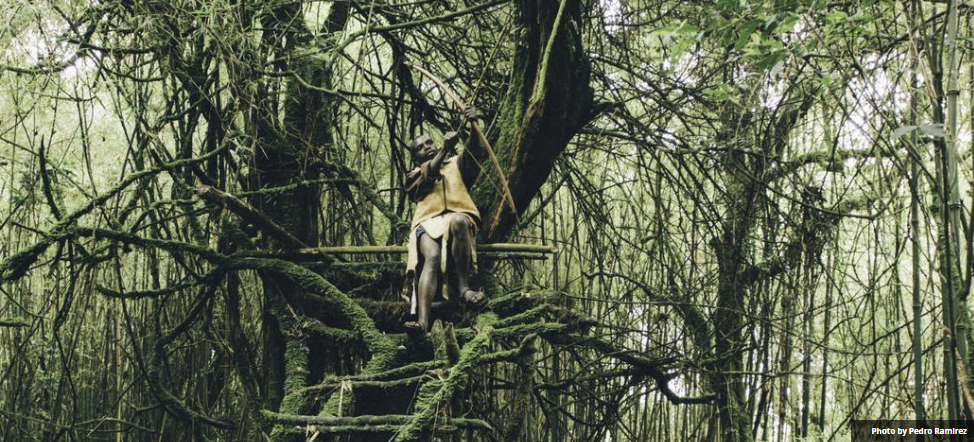The coalition for stakeholders fighting for the rights of indigenous people in Uganda, says indigenous minority communities such as the Batwa, Benet and Ik among others, have not benefited from the 20% package by Uganda Wild Authority.
Twenty years ago Uganda Wild Authority came up with a scheme, to give back some of the funds collected from national parks to the nearby communities, and according to the 1996 Wild Life Act it provides for 20% of the money collected from tourism to be ploughed back into the communities.
But Fredrick Nsibambi the Heritage Program manager at the Cross Cultural Foundation of Uganda, says the money going back to the community from some parks is meagre, adding that it is channelled through local government which complicates the process.
He is now proposing that government review the initiative so the targeted communalities can benefit.
The Batwa live in small huts mainly made from sticks and grass. The word Pygmy is originally derived from a Greek term – allegedly for the distance between the wrist and the elbow – and when early Greek writers were talking about a mythical race of small people they called them Pygmies.
Back In 2012, he Batwa people, who lived in Mgahinga and Bwindi forests in Kisoro District more than 20 years ago, awere getting some money from tourism by working as tour guides in their ancestral areas that were turned into national parks. The area hosts about 50 per cent of the world gorilla population.
UWA employed them as guides in mountain gorilla tracking in Mgahinga National Park and they also earn by entertaining tourists with their cultural dance and selling hand crafts. A Tour would guide earn Shs8,000 each while those involved in dance and drama are paid Shs6,000 every day they conduct tourists on their trail. This arrangement seems to have been abandoned though.












